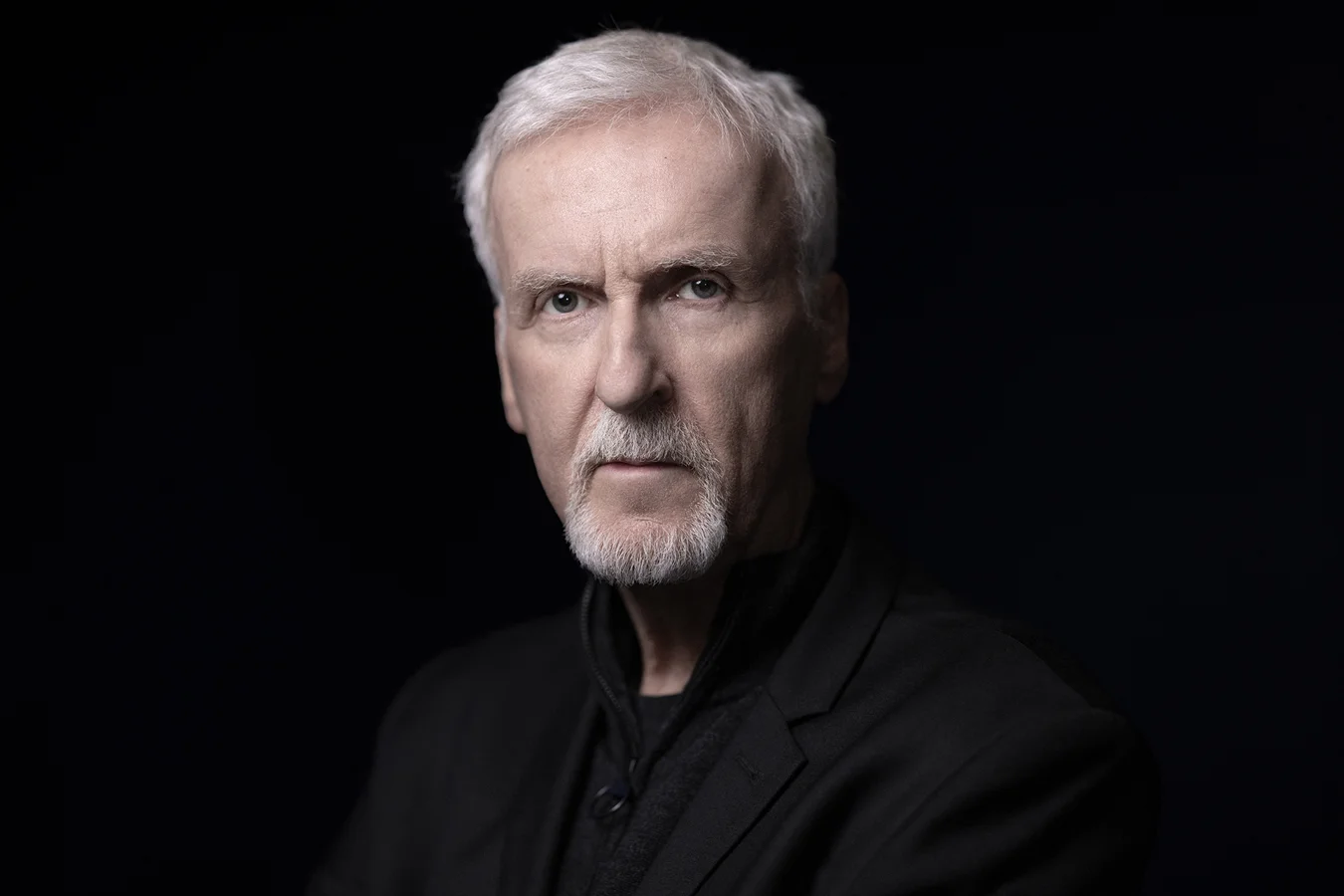More than 60 artists, including James Cameron, Julianne Moore, and Walton Goggins, have signed an open letter urging urgent nuclear disarmament and heightened awareness of nuclear weapons threats. This collective appeal was released on August 6, 2025, exactly 80 years after the atomic bombing of Hiroshima by the United States during World War II, marking a significant moment to reflect on nuclear dangers and push for change.
The Historical Context and Endorsements Behind the Call
The letter coincided with endorsements from Hiroshima Governor Hidehiko Yuzaki and Nagasaki Governor Kengo Oishi, acknowledging the lasting impact of the bombings. It was further supported by Ernest J. Moniz, CEO of the Nuclear Threat Initiative. The timing aligned with the anniversary of the Hiroshima bombing, followed three days later by the attack on Nagasaki. These events led to Japan’s surrender on September 2, 1945, ending World War II.
Eighty years ago, atomic bombs destroyed Hiroshima and Nagasaki, killed hundreds of thousands of people and changed the course of history,
the letter opens.
Atomic bomb survivors, known as ‘hibakusha,’ have been warning us about what happens when nuclear weapons are used. Their deeply personal stories of loss, trauma, resilience and determination are a clarion call in dark times.
Wide Range of Creative Voices Join the Plea
Joining Cameron, Moore, and Goggins were numerous actors, filmmakers, and creators emphasizing the importance of public awareness about nuclear risks. Notable signatories included Joan Baez, Kathryn Bigelow, Alan Cumming, Michael Douglas, Josh Gad, Topher Grace, Olivia Munn, Martin Sheen, George Takei, and Emma Thompson. This diverse group highlights the broad concern within the creative community around nuclear disarmament efforts.

Rising Nuclear Risks Amidst Global Conflicts and Technological Advances
The letter outlines growing fears about the potential use of nuclear weapons, either accidentally or intentionally, with ongoing conflicts in regions that possess these arms. It states that the last treaty regulating nuclear stockpiles is set to expire within six months, compounding the risk as new technologies and artificial intelligence introduce unknown challenges. The letter points to a worrying trend toward a new arms race based on deterrence through threat instead of safety.
Today, experts believe the risk that a nuclear weapon will be used again—by accident or on purpose — is as high as it has ever been. Conflicts are raging in regions with nuclear weapons — even over nuclear weapons,
the letter warns.
The only remaining treaty limiting the number of nuclear weapons in the world expires in six months. Emerging technologies and AI pose new unknown risks to already complex systems. We’re sliding into a costly and dangerous new arms race under the absurd premise that threatening annihilation keeps us safe.
But the ending isn’t written yet, and the creative community has a leading role to play in pulling us back from the nuclear brink.
The Role of Art and Storytelling in Shaping Nuclear Policy
The open letter argues that artists and storytellers have historically influenced nuclear disarmament discussions. It references the 1983 television film The Day After, seen by approximately 100 million Americans, which reportedly affected President Ronald Reagan’s approach to arms control and contributed to the Intermediate-Range Nuclear Forces Treaty. This example illustrates how creative works can shape public perception and policy.
Storylines about nuclear weapons helped pave the way for historic treaties that reduced worldwide stockpiles by 80 percent. But today, for the first time in 40 years, the number of nuclear weapons in the world may go up, not down,
the letter notes.
It doesn’t have to be this way. We believe nuclear weapons pose an unacceptable risk to our civilization and our security. We stand firmly against a costly new arms race and the development of more nuclear weapons. And we call on leaders to take action to ensure that a nuclear weapon is never used again.
James Cameron’s Personal Connection to Nuclear Survivors Inspires His Advocacy
Currently promoting his upcoming film Ghosts of Hiroshima, James Cameron’s involvement in the letter is informed by his encounter with Tsutomu Yamaguchi, a rare survivor of both the Hiroshima and Nagasaki bombings. Their discussions before Yamaguchi’s passing deeply influenced Cameron’s commitment to raising awareness about nuclear dangers through film and storytelling.
A Collective Commitment to Amplify Nuclear Disarmament Awareness
The letter concludes with a pledge from the creative community to leverage their platforms, leadership, and storytelling skills to highlight the risks nuclear weapons pose and inspire a future free from their threat. It invites public participation to build momentum for political action that will prevent nuclear weapon use permanently.
This is a public commitment to use our voices, platforms, leadership and storytelling expertise to call attention to the dangers posed by nuclear weapons and help audiences imagine a safer future without them. Together, we can build acritical mass to demand our leaders move us closer to — and eventually reach — a world without nuclear weapons,
the letter ends.
For the victims and survivors and for our collective future, please join us.
